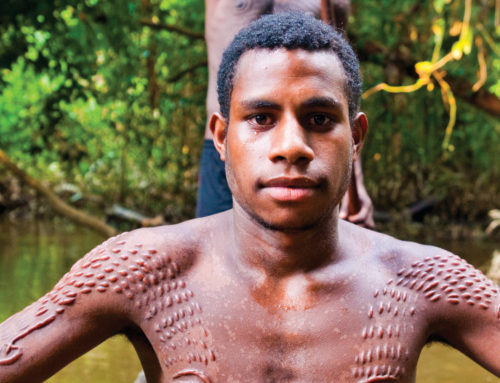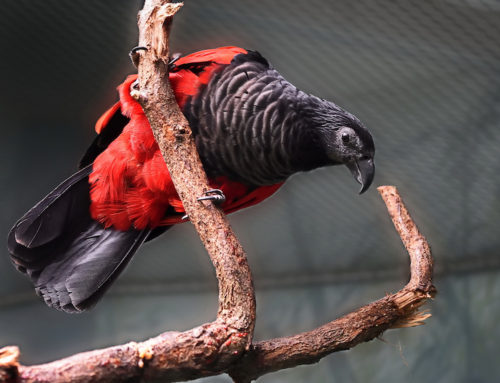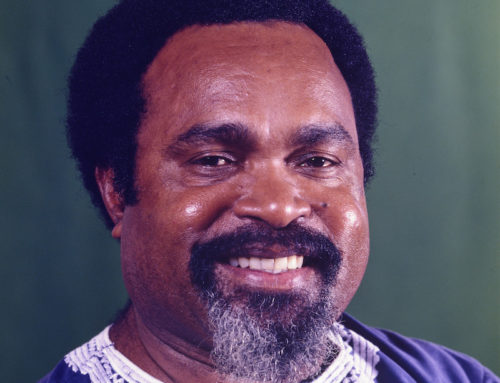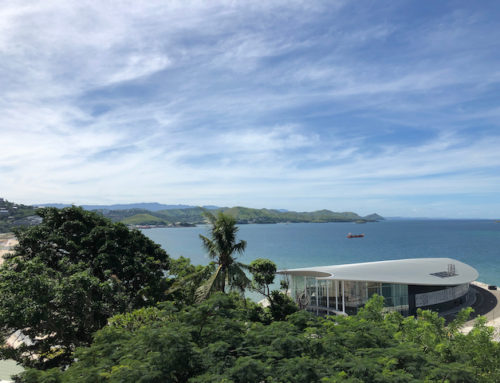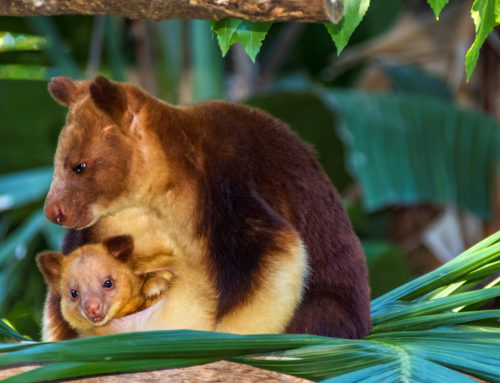Simbu Province – A Trekker’s Paradise
6th May 2016
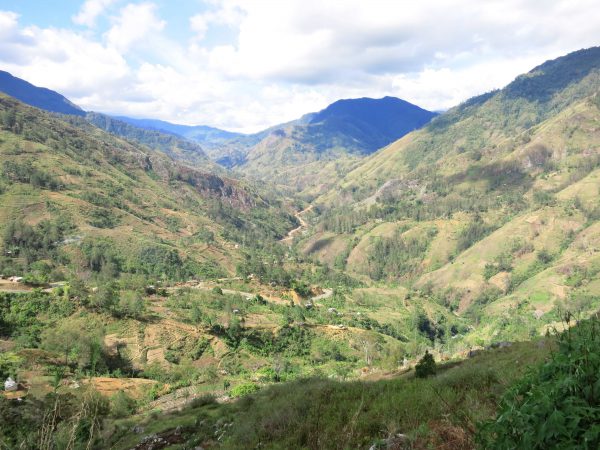
In the heart of the Papua New Guinea highlands lies Simbu (also known as Chimbu) a name which was given to the province by Australian explorers who first discovered the new land in the early 1930’s. The explorers heard “Simbu!” being exclaimed when they first met with the people. It is said to mean “Welcome!” and also “Thank you!” But, the gratitude extends both ways as anyone who embarks on travels to Simbu will be awarded with breathtaking sights of nature and a connection to a land and culture as old and mysterious as time.
Simbu is also the second most populated province in Papua New Guinea. Kundiawa is Simbu’s capital and is the stepping stone to visiting surrounding villages and experiencing extraordinary cultural traditions. Kuman and its sister languages SinaSina, Chuave and Gumine are spoken the most but the language can differ slightly from clan to clan. Traditional ceremonies such as the great pig-killing ceremonies are still held at important occasions such as weddings, boys’ initiations into manhood and the passing of an important tribe member.
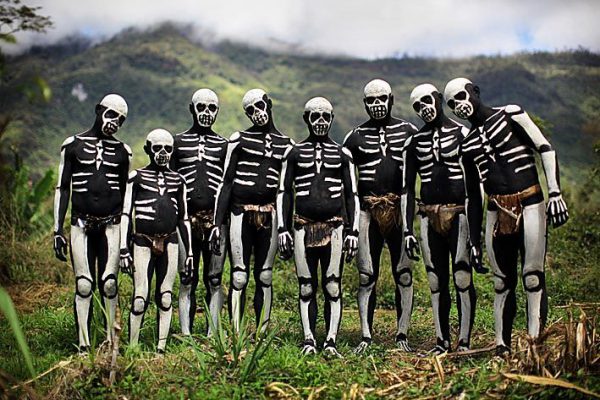
Chimbu Tribe – Skeleton Bodypaint
Just as valuable a commodity as the pigs are, so is the sweet potato, which thrives in the mountainous terrain and volcanic soils of Simbu. Gardens planted out like a checkerboard lie on the steep slopes all over Simbu. If adventure and nail biting road trips weld your heart then the beaten track which takes you to Kegesugl is a must as you will witness these beautiful gardens, an unused and treacherous looking airstrip and pass many villages.
Ancient mountains ribbon the land here and standing proudly in the Bismark range is Mount Wilhelm. Towering at 4,509 metres, it is Papua New Guinea’s highest peak. The mountain has a well formed trail but it is still best suited to those who are physically fit as the altitude makes it more difficult to climb. If walking your soles upon Mt Wilhelm’s rugged terrain is stirring up your wanderlust then know that you will get to experience trekking through three different eco systems; tropical, temperate forest and alpine. Wild orchids and a savanna of cycads are just some of the beauty this trek has to offer. You don’t have to go all the way to the top but if you choose to do so most trekkers leave with their guides at around 1am in the morning from the base camp at Pindaunde lakes. These lakes are cradled in a deep valley where volcanic ash and soil from surrounding mountains are deposited and they in themselves offer spectacular views. Starting the hike beneath velvet black, starry Simbu skies means trekkers can reach the summit as the moon and tendrils of mist are pulled away by the dawn. This is the Mountain top’s clearest time of the day and offers not only a quietness attainable only when one is so close to the heavens but a panoramic view of the highlands. A view so far reaching that on the clearest of days the Madang coast can be seen.
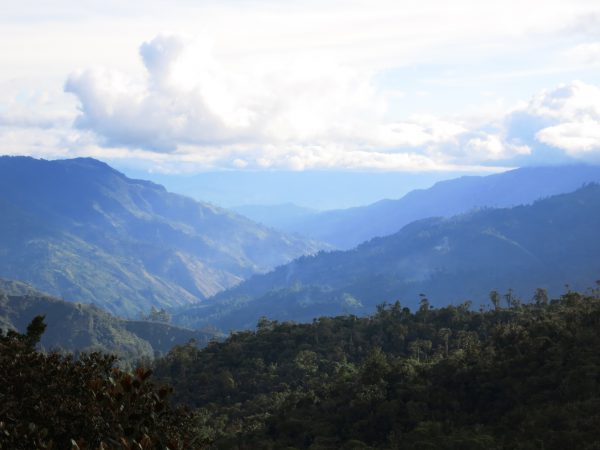
Simbu Province
Betty Higgins who runs Betty’s Lodge is a welcome haven to any traveller who has descended from the great Mt Wilhelm climb. Smoked trout, hot tea, an array of fresh produce, a fireplace to defrost numb fingers and a warm bed is everything one would need to rejuvenate and recover. The lodge is nestled at the foothills of the Mountain on 40 hectares of woodland. It is surrounded by nature in its rawest forms but Betty is said to make travellers feel at home and always welcomed at her informal B&B in a province that is popular with explorers as they are seduced by her mystery as many parts of Simbu are still untouched.

Betty’s Place – Lake Pindi Yaundo Farm
Paga Hill Estate is a world class master planned estate in the heart of Port Moresby, Papua New Guinea. The waterfront site is the first comprehensively planned multi-use development in Papua New Guinea to be enjoyed by both residents and visitors alike. The all inclusive development will include vibrant public spaces and waterfront promenade, luxury hotels, residential apartments, restaurants, retail, commercial space, a National Cultural Centre, restoration of WWII relics, marina precinct and an international cruise liner terminal.

